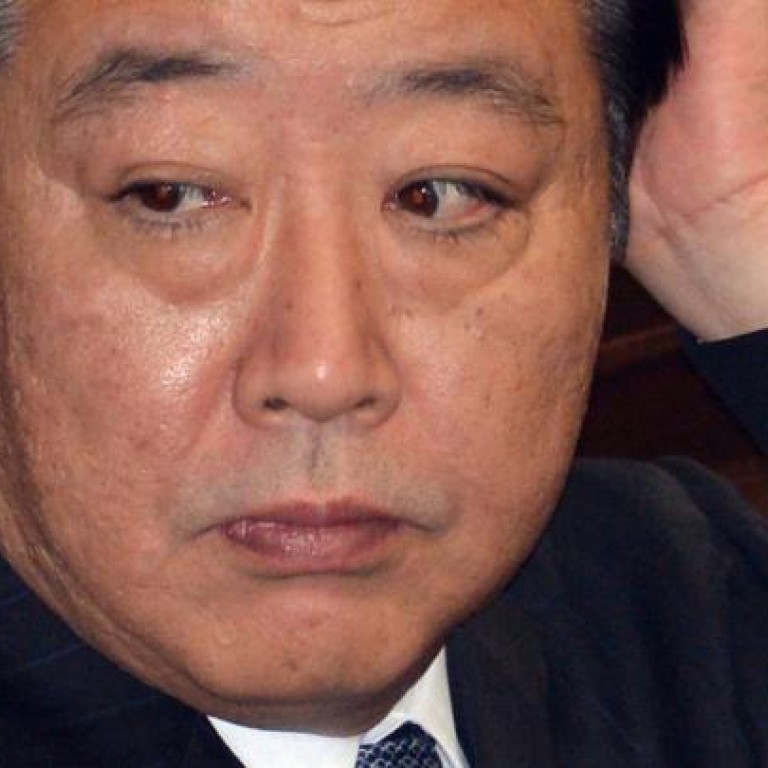
Japan passes crucial deficit-financing bond bill
Japanese lawmakers on Friday passed a crucial deficit-financing bond bill that will allow Tokyo to pay for a huge chunk of this year’s public spending, avoiding the country’s own “fiscal cliff”.
The bill was a key condition for Prime Minister Yoshihiko Noda calling elections, now set for December 16, after he warned large parts of Japanese public life would grind to a halt unless the bill won parliamentary approval.
The opposition controlled-upper house of parliament passed the bill with 197 votes in favour against 40 opposed in its Friday session, following approval in the lower house on Thursday.
Opposition lawmakers had refused to green light the bill until Noda gave a specific timeline for calling elections.
The bonds are crucial to raising funds to pay for about 40 per cent of government spending in the year to March.
Tokyo relies heavily on borrowing to finance its spending and had been facing a cash squeeze due to political deadlock over the debt bill.
Japan has not been forced to halt budgetary spending due to a funding shortage since the end of World War II.
Noda had been under pressure after spending a lot of his political capital over the summer forcing through a bill on doubling the nation’s sales tax -- in part to begin closing Japan’s yawning debt hole.
The International Monetary Fund says Japan will owe the equivalent of 245 per cent of its approximately US$5 trillion gross domestic product next year, the highest among industrialised nations.
Japan’s rapidly ageing society means an increasing number of pensioners need to be supported by a dwindling workforce and a shrinking tax base.
However, most of Tokyo’s debt is held domestically, which means Japan largely avoids the kind of outside criticism that has been levelled at Greece and other European nations hammered by fiscal turmoil.
Global markets have been jittery over a budgetary snarl up in Washington that threatens to take the economy over a so-called fiscal cliff, a combination of deep spending cuts and tax hikes that takes effect on January 1.
Unless divided Democratic and Republican lawmakers agree on a new deal, the package will come into effect and likely tip the country back into recession, dealing a major blow to the global economy.
